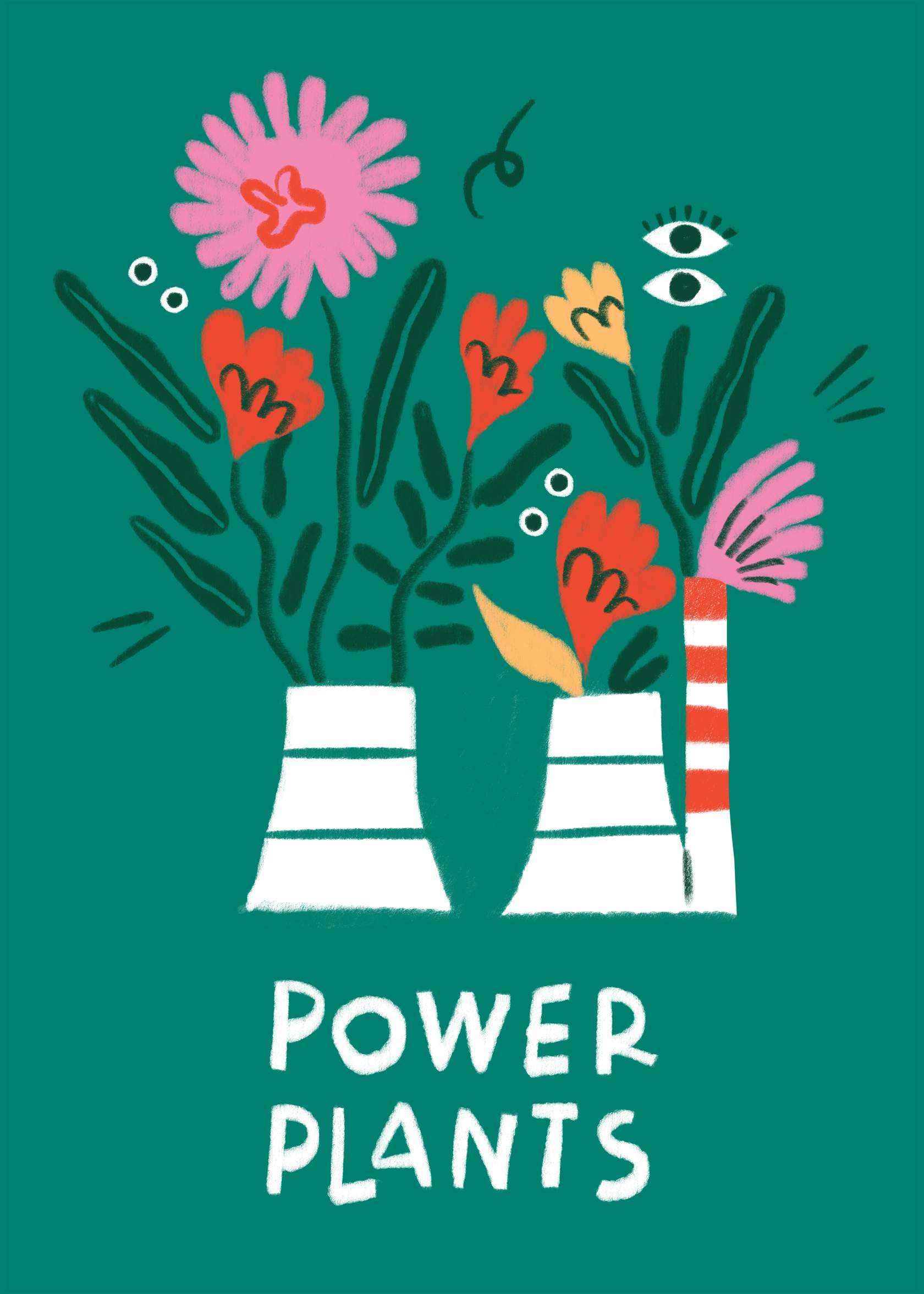Conference Agenda
Overview and details of the sessions of this conference. Please select a date or location to show only sessions at that day or location. Please select a single session for detailed view (with abstracts and downloads if available).
Please note that all times are shown in the time zone of the conference. The current conference time is: 14th Dec 2025, 03:16:33am GMT
|
Session Overview |
| Session | ||
Morning parallel session 3 (workshop)
| ||
| Presentations | ||
Embedding Sustainability Literacies in Postdigital Learning Design 1Atlantic Technological University, Ireland; 2Heriot-Watt University, United Kingdom This interactive, unplugged workshop will enable participants to reflect on critical approaches to digital learning design through the exploration of sustainability literacies. Modelling the reuse of ephemera through zine making, participants will examine creative approaches to embedding sustainability practices in their learning design and curricula. Drawing on previous generative and collective critical approaches, this workshop will support participants to develop their sustainability literacies through creative expression. (Thomson et al., 2023; Drumm et al., 2024; Molloy & Thomson, 2024). In a higher education landscape that is “fragmenting and fragile”, with heightened anxieties about evolving AI technologies and global polycrisis, it is worth acknowledging that our design approaches are not neutral, and must respond to the current complexities. (Cronin & Czerniewicz, 2023). Leveraging a postdigital approach, which acknowledges the “broader social, political, economic and environmental conditions” intrinsic to learning design, participants will explore micro, meso, and macro levels of their design practice to address broader complexities, including the paradox of climate anxiety with an ever increasing demand for technological abundance and institutional and sectoral-led digital transformation. (Carvalho & Yeoman, 2023). Rather than adopting a utopian/dystopian lens, participants will examine convivial approaches to embedding sustainability literacies, such as degrowth and rewilding. Through zine making, the workshop will explore “how technologies can be adopted and adapted in ways that lead to expanded freedom, creativity, autonomy and happiness”. (Selwyn, 2024, p. 191) Participants will be equipped with pre-folded zine booklets and an assortment of ephemera to create zines that represent their unique reflections on embedding sustainability, degrowth, and rewilding into their ed tech usage and design practices. The facilitators propose to develop a collection of crowd-sourced educator activities based on the workshop outputs for a collaborative OER, modelling the intersections of sustainability literacies, creative futures, and learning design. References Carvalho, L., & Yeoman, P. (2023). Postdigital learning design. In P. Jandrić (Ed.), Encyclopedia of postdigital science and education (pp. 1–7). Springer Nature Switzerland. https://doi.org/10.1007/978-3-031-35469-4_38-1 Cronin, C., & Czerniewicz, L. (2023). Higher education for good. In Czerniewicz, L., & Cronin, C. (Eds.), Higher Education for Good (1st ed., pp. 35–52). Open Book Publishers. https://doi.org/10.11647/obp.0363.28 Drumm, L., Beetham, H., Cronin, C., & McIlwhan, R. (2024). Generating AI alternatives: Collaborating and creating intersections. Proceedings of the International Conference on Networked Learning , 14(1). https://doi.org/10.54337/nlc.v14i1.8185 Macgilchrist, F. (2021). Rewilding technology. On Education. Journal for Research and Debate, 4(12). https://doi.org/10.17899/on_ed.2021.12.2 Molloy, K., & Thomson, C. (2023). Humanising learning design with digital pragmatism. In Czerniewicz, L., & Cronin, C. (Eds.), Higher education for good (1st ed., pp. 397–420). Open Book Publishers. https://doi.org/10.11647/obp.0363.17 Molloy, K., & Thomson, C. (2024). Humanising learning design with digital pragmatism. OER24 Conference. Association for Learning Technology. https://blokks.co/schedules/oer24/#/2024-03-28/qmv8976e62ga/workshop-122-humanising-learning-design-with-digital-pragmatism Selwyn, N. (2023). Digital degrowth: toward radically sustainable education technology. Learning, Media and Technology, 49(2), 186–199. https://doi.org/10.1080/17439884.2022.2159978 Thomson, C.. Bell, F., & Drumm L. (2023). Guerrilla edtech responses to climate change: Reframing, rewilding, reimagining. OER23 Conference. Association for Learning Technology. https://femedtech.net/published/guerilla-edtech-responses-to-climate-change-reframing-rewilding-reimagining/ Thomson, C., & Molloy, K. (2024). Humanising learning design with digital pragmatism: OER24 workshop output (version 1). National Teaching Repository. https://doi.org/10.25416/NTR.25868365.v1 Critical Cadence: Reclaiming the Pace of Digital Productivity Maren Deepwell Coaching and Consultancy, United Kingdom Since 2020 we have seen a great acceleration in the adoption of blended learning worldwide. In parallel to these changes in Higher Education, employers have witnessed an evolution of flexible and hybrid working practices. This shift in both learning and working requires us to think beyond current strategies for digital transformation, especially in the context of a growing student population with changing needs in a fast moving, competitive job market impacted by automation and AI. It's time to reclaim the pace of digital productivity. Both in education and at work the frantic pace of productivity is determined by the speed of digital tools. Notifications, comments, emails and other content arrive ever more quickly and demand instant attention. In the advent of AI powered learning and working, the pace of digital content creation is ever increasing. This kind of 'digital noise' can easily lead to digital overwhelm and as a result our senses suffer. From Zoom and listener fatigue to lack of movement, our bodies, our embodied selves and our senses are feeling the impact of our increased reliance on digital productivity. This session will explore strategies for changing the cadence of our digital lives to be a little more… human. To proceed at a pace of thinking, of working and learning, that is more conducive to reflection and to criticality. In essence, to find one's own ‘Critical Cadence’. Session focus:
The overarching aim of the session is to explore how to rewild critical digital literacies alongside digital pedagogies to empower students and staff to determine the pace of working and learning. References Bell, F., Campbell, F., Forsythe, G., Mycroft, L., Scott A. M., (2023) Chapter 10 In Higher Education for Good Open Book Publishers. Carroll, S., Maguire, M., Ginty, C. (2024). Blended learning in higher education: N-TUTORR overview of blended learning and its impact on the student experience. N-TUTORR. Deepwell, M. (2024). Global trends towards flexible, hybrid working and its impact for digital leadership in higher education. N-TUTORR. (due to be published late November 2024) Deepwell, M. (2021) Leading Virtual Teams. Fieldnotes from a CEO. Association for Learning Technology, UK. Doxtdator, B. (2017) A Field Guide to ‘jobs that don’t exist yet’. Long View on Education. | ||
